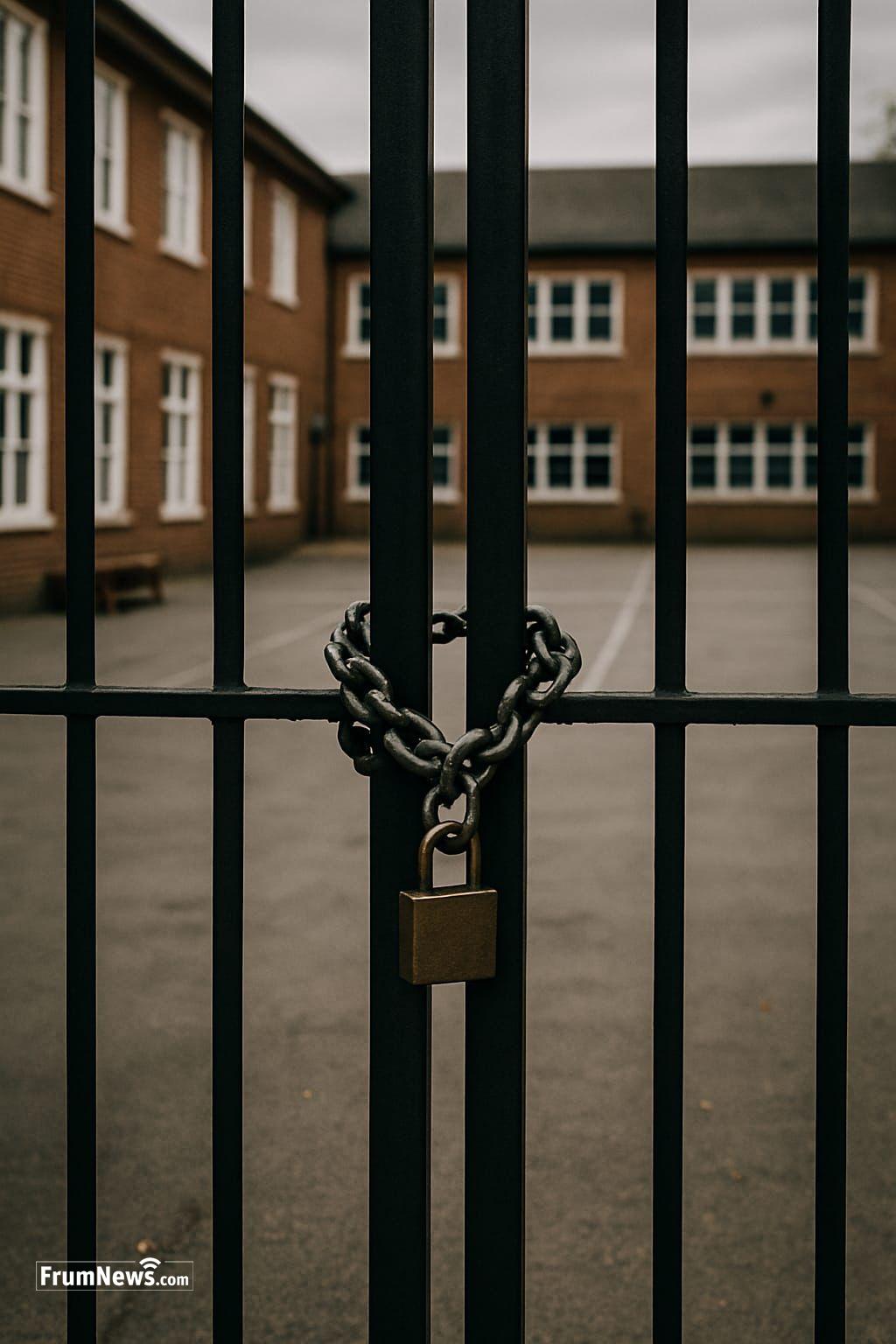Op-Ed: What Was The Best Moment Today?

I'm talking about the spiritual leadership and the jewish leadership in general. By refusing to talk about it we are in fact failing again and again
Written by Leiby and Rachel
Sexual abuse two words that scare us all. People think that abuse is just an individualized problem. Oh it just happened. No this is a problem that we the jewish community has to actively combat. We have to stop the silence and the taboo on it as well.
We are not merely talking about and even discussing trauma, we are confronting a breach in our structural system. A system that has failed us all. I’m talking about the spiritual leadership and the jewish leadership in general. By refusing to talk about it we are in fact failing again and again.
This issue is systemic. And every system that fails to respond with integrity—be it religious, educational, therapeutic, or legal—becomes complicit in sustaining the conditions for abuse to occur, persist, and remain obscured.
Inappropriate Abuse as a Structural Crime of children is not simply an act of depravity—it is an exploitation of asymmetrical power. It thrives within institutional blind spots, reinforced by cultural taboos, protected by unspoken hierarchies, and too often sanitized through bureaucratic language. The child’s body becomes collateral in a much larger system of control—where silence is traded for access, and compliance is mistaken for peace.
In order to better understand this. Allow me to share with you some stories that I’ve heard in my life. Imagine you are a young hasidic boy and there is someone in the community who is inappropriately touching you, you don’t know it yet but you feel it’s wrong. And you carry that secret with you not even sharing it with your parents.
I have a friend who was abused at a very young age and somehow he suppressed it, and then boom one day it popped open he became emotionally “paralyzed” it took him years to climb out of it.
There was this woman who was very dear to me and she too suffered from abuse and it only came out way later. One of the main reasons I believe most survivors don’t speak up is because they feel ashamed and embarrassed and often neglect themselves. Very often survivors don’t talk about what they had gone through for years for one simple and very unfortunate reason. And the reason is. People don’t trust people put them down.
This issue is systemic. And every system that fails to respond with integrity—be it religious, educational, therapeutic, or legal—becomes complicit in sustaining the conditions for abuse to occur, persist, and remain obscured.
What Survivors Know That Systems Don’t?
Survivors of childhood sexual abuse often develop a sharpened sense of power—specifically, how it is misused, where it hides, and what it costs to confront it. Their insight, born of lived experience, is not marginal. It is primary. It should be central to any communal or therapeutic strategy for prevention and recovery.
But instead, survivors are often subjected to reductive psychological models that strip their experiences of political and spiritual context. They are “diagnosed and treated,” and encouraged to “move on” by professionals who may lack not only lived knowledge but also cultural fluency. The result is a sanitized version of healing that demands emotional compliance without addressing the architecture of harm.
Healing for survivors is not an act of letting go. It is an act of reclamation. Reconnecting to parts of the self that were hidden to survive. Rebuilding trust in a spiritual framework that was contaminated by betrayal. Reclaiming a voice in a society that too often demands quiet compliance in the name of order.
In order for a real change to happen in our community. First thing is first we must all come out and start believing our very own innocent victims. We must create a warm and safe environment. The very next thing needs to happen. Our very esteemed rabbi’s should really put a bigger effort in raising awareness on child abuse.
The Frum world has made some very significant progress on believing survivors. The bigger issue I believe is still there.
If you’d like to contact us, please reach out through FrumNews.



Post the first comment!